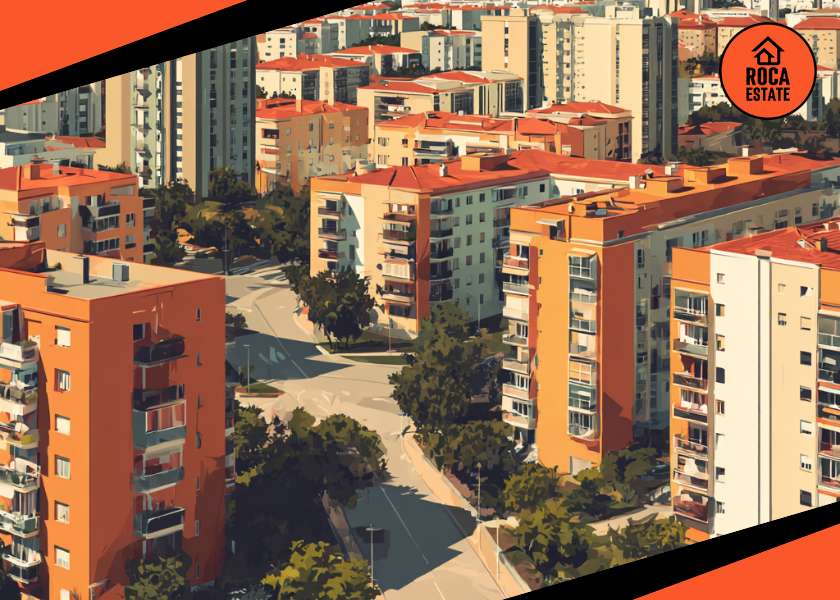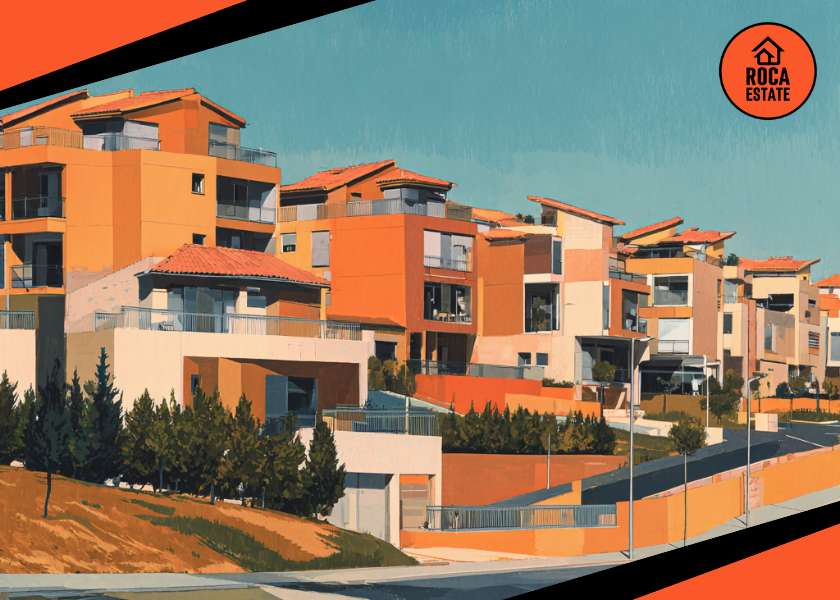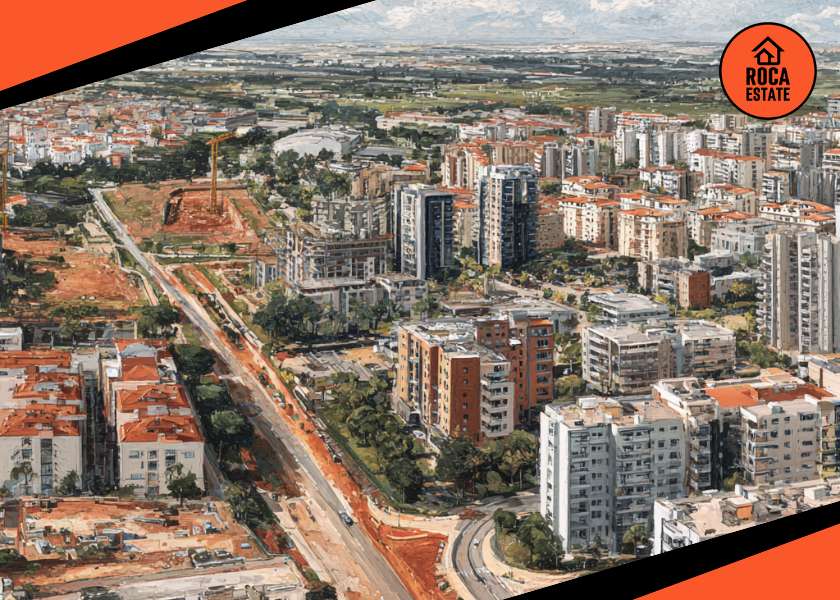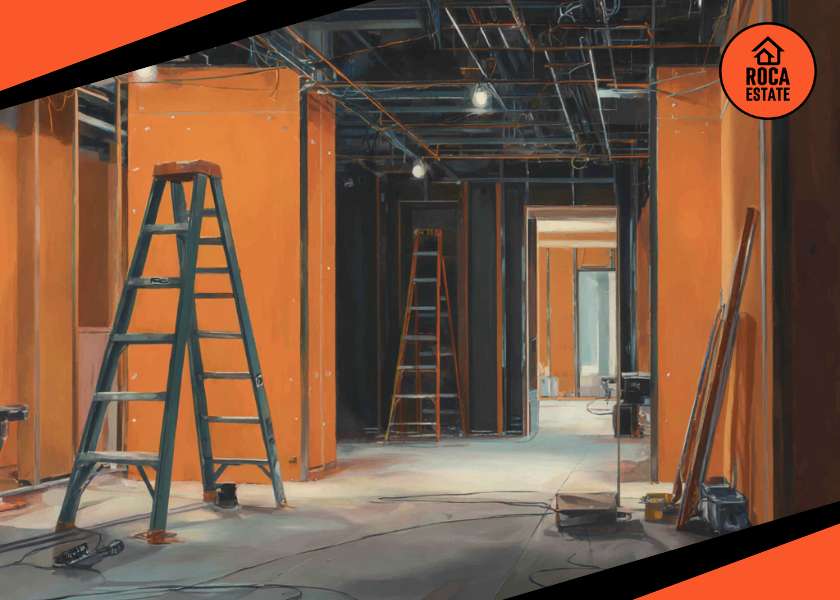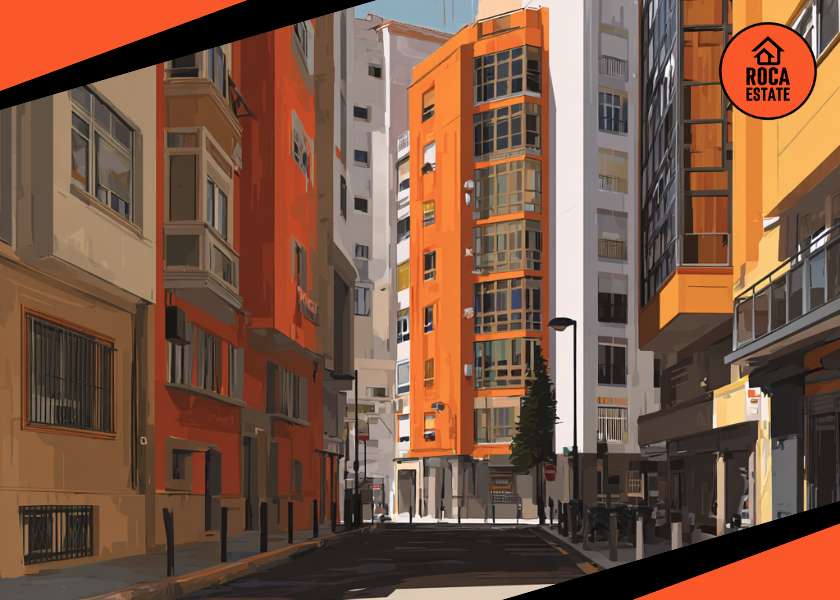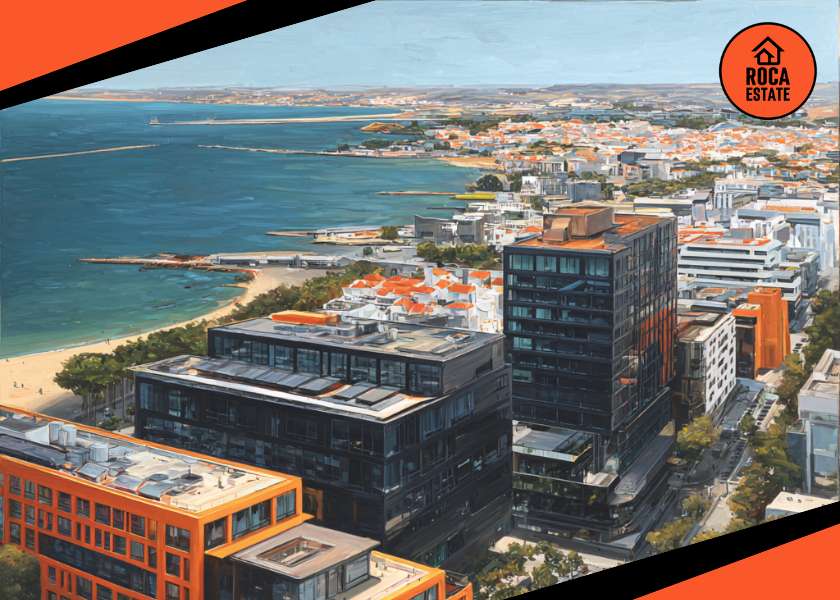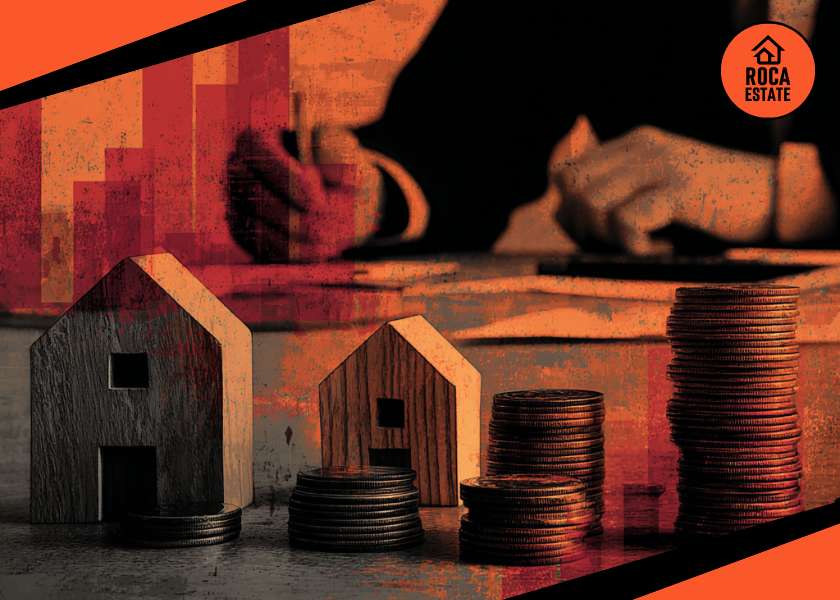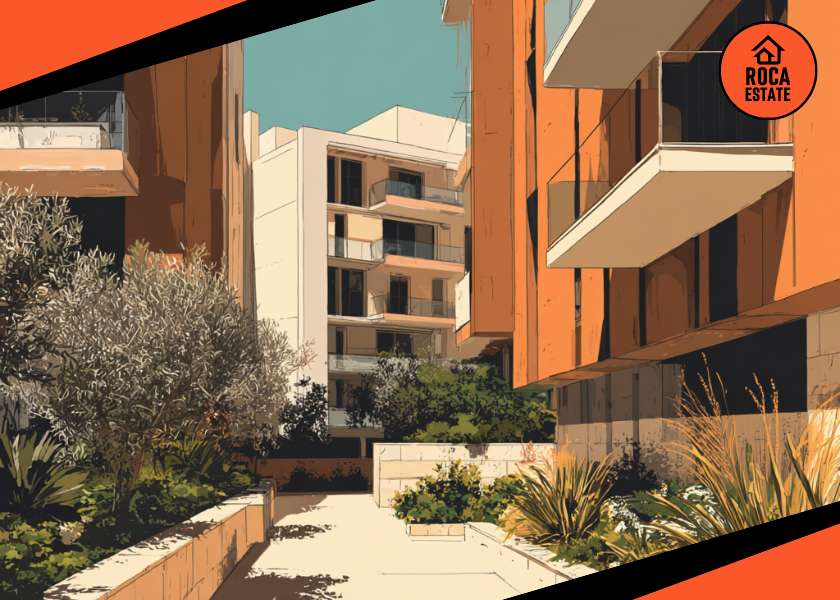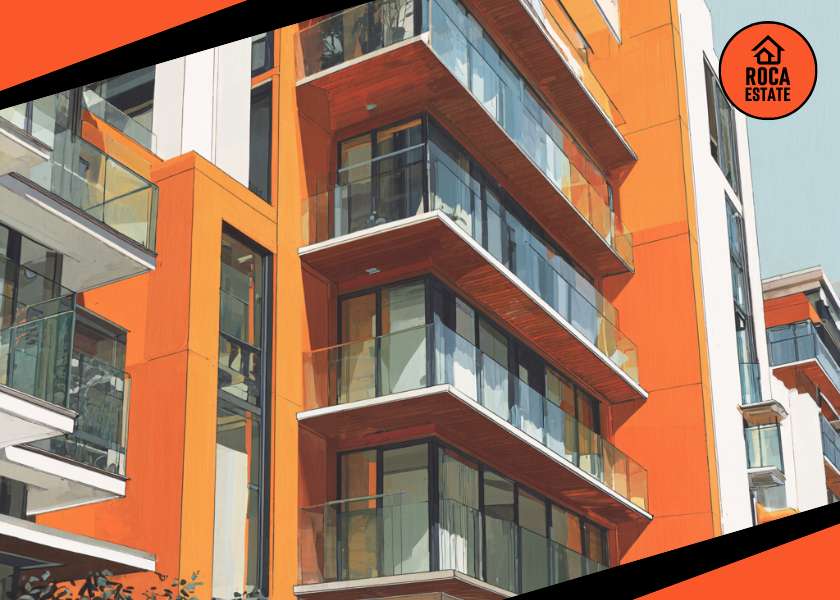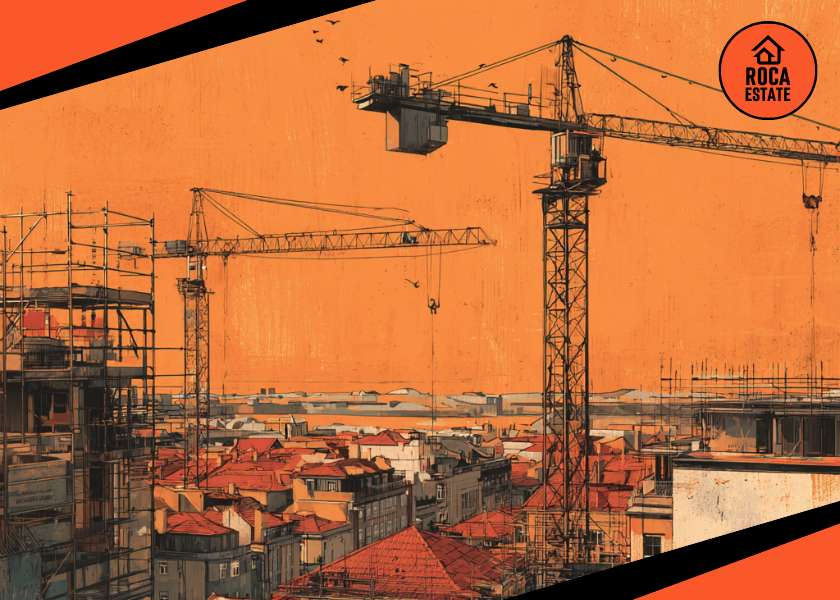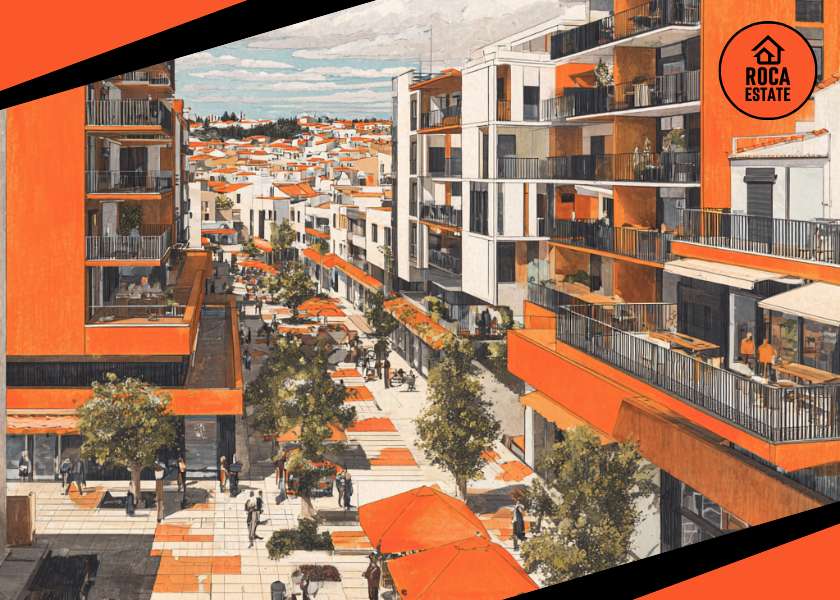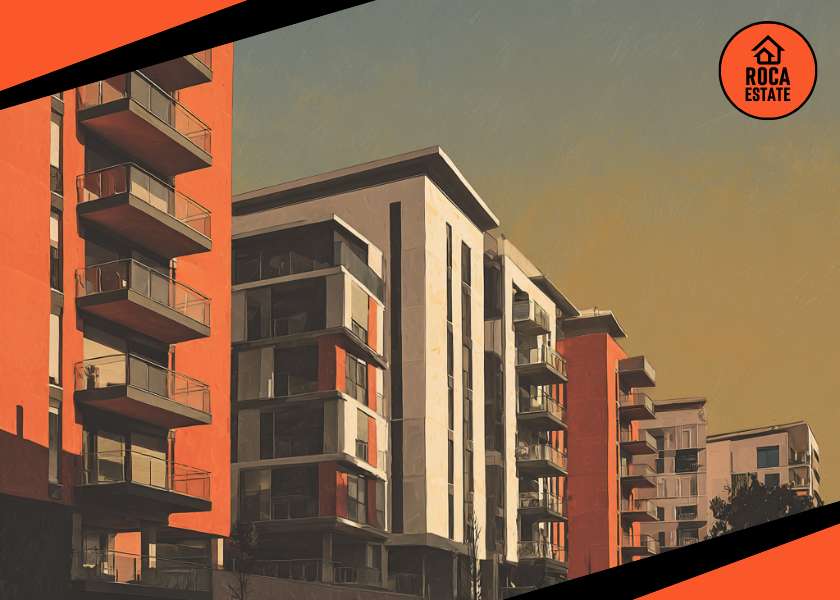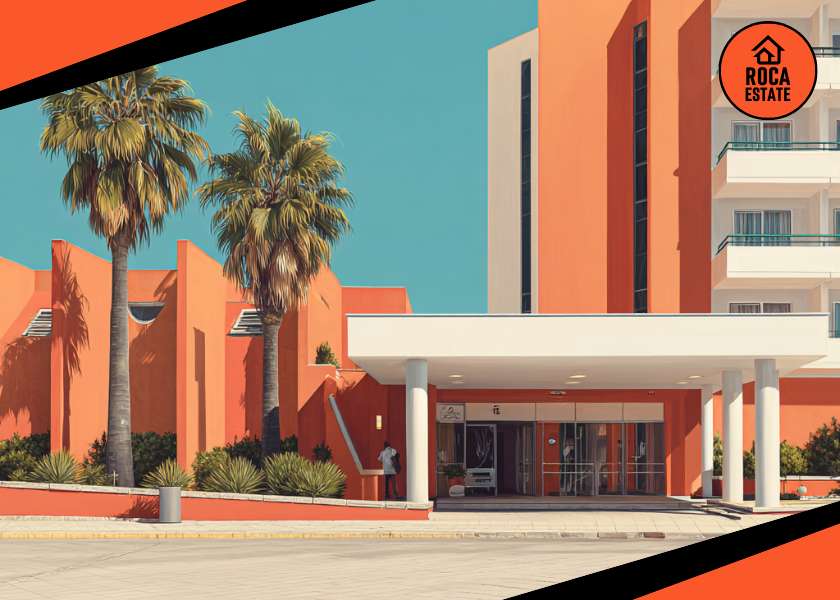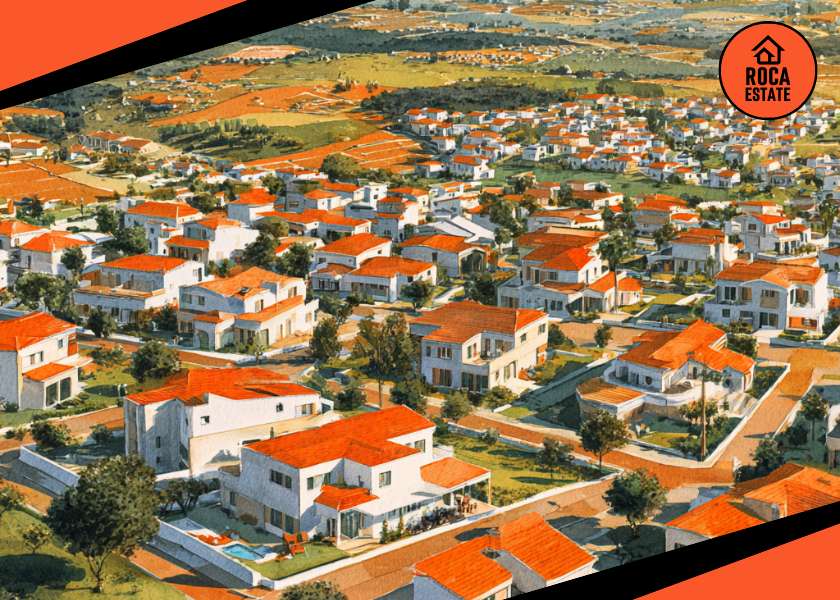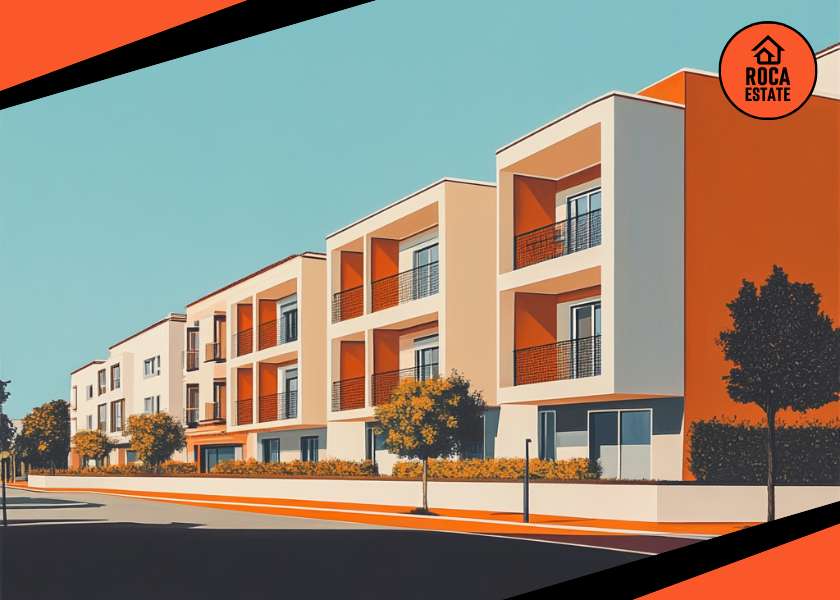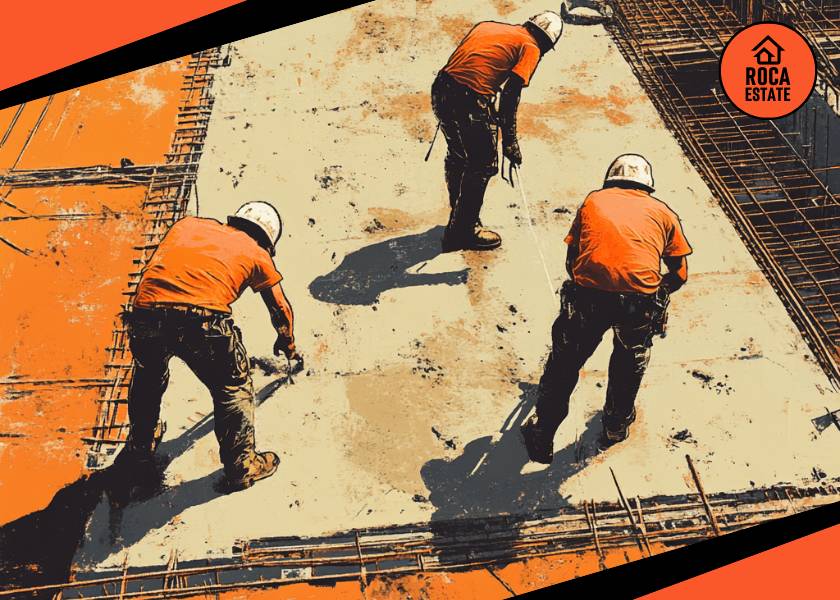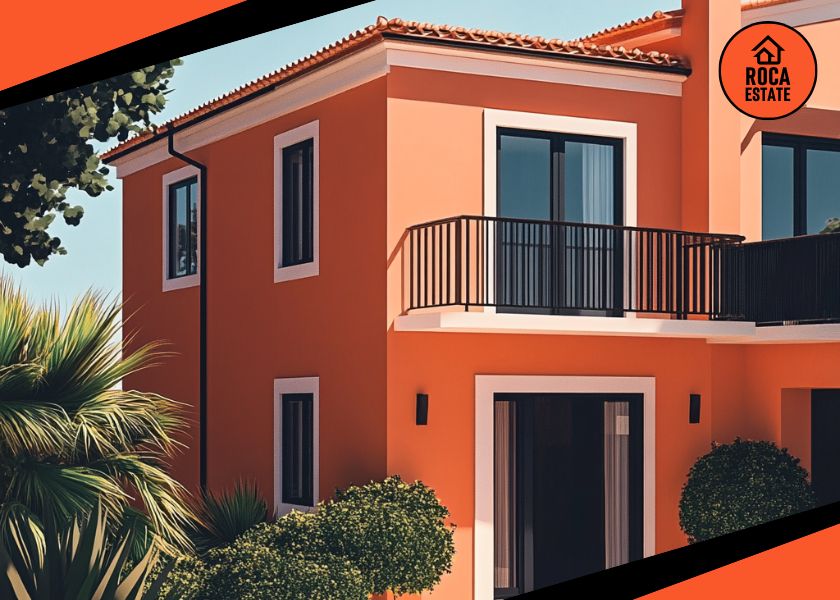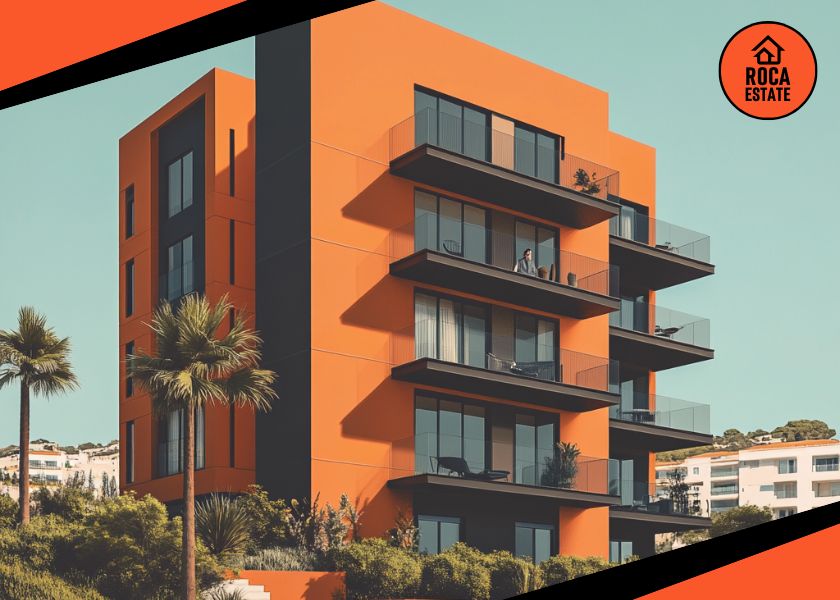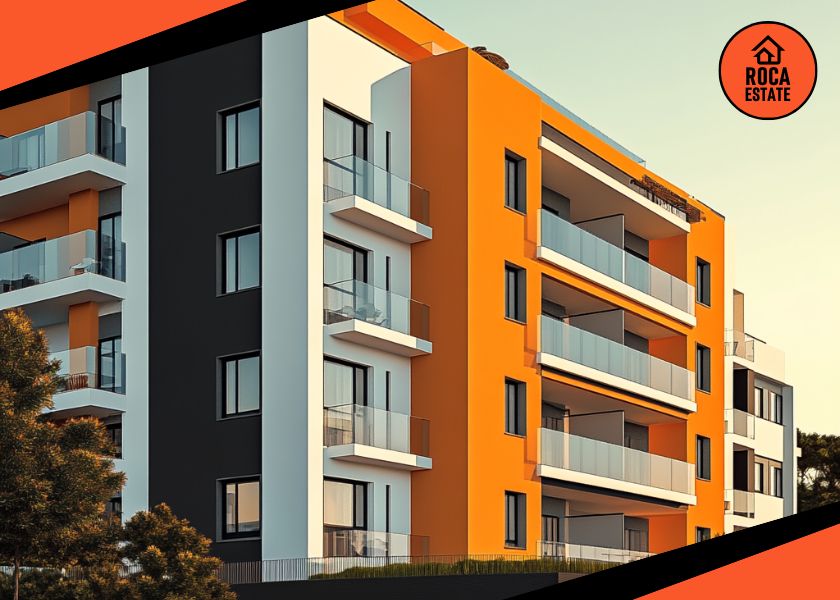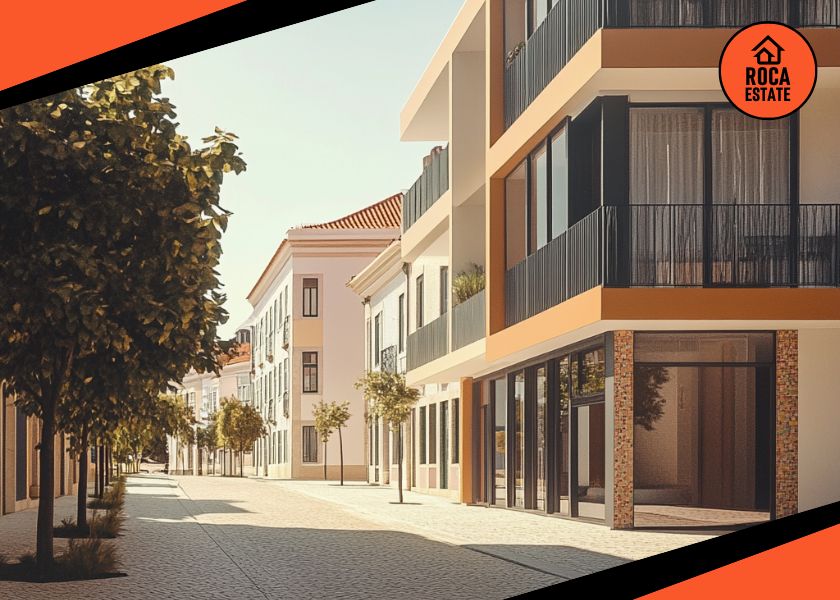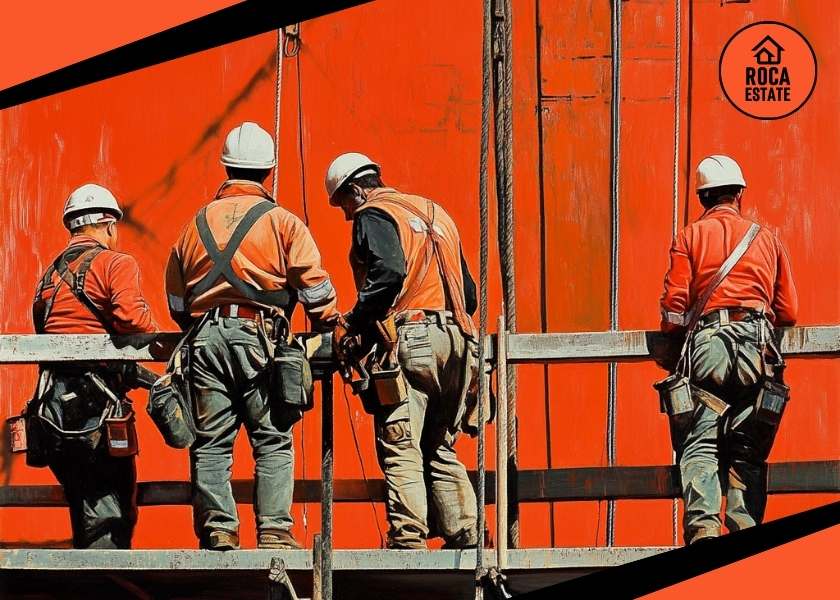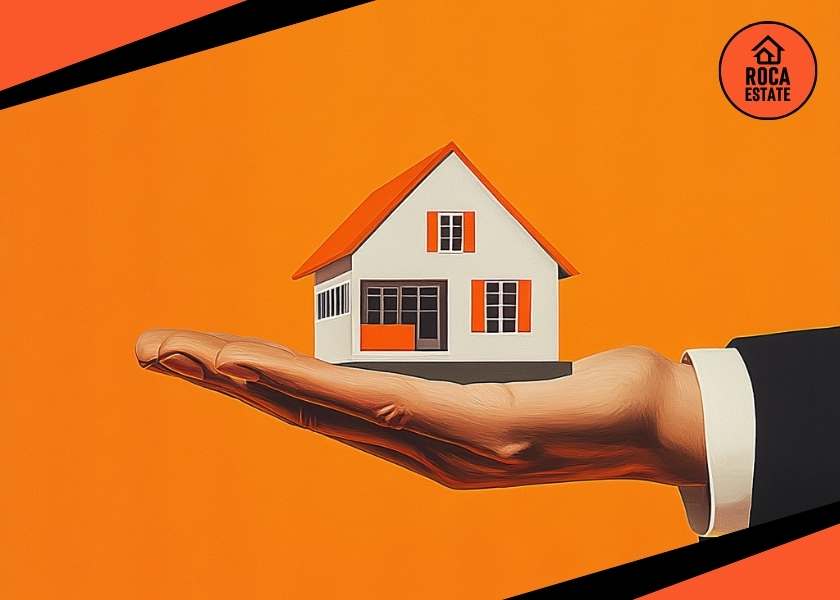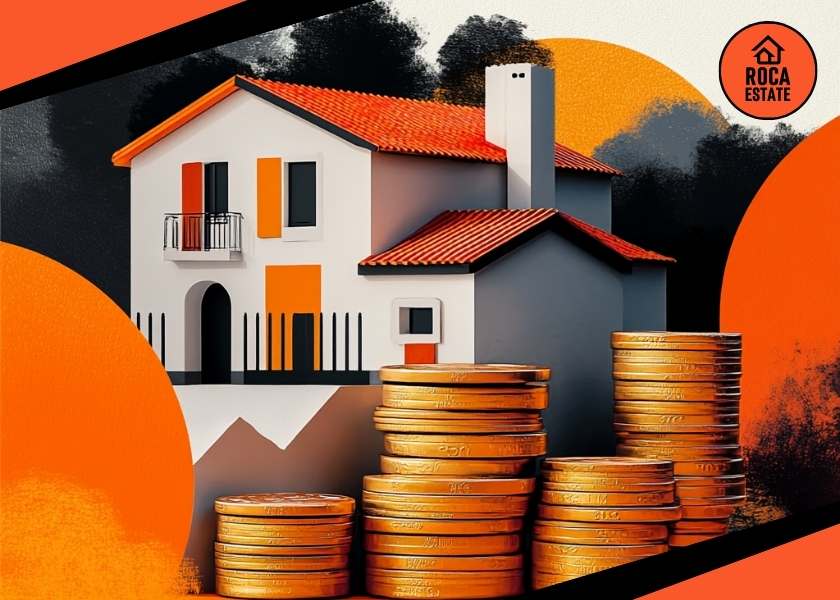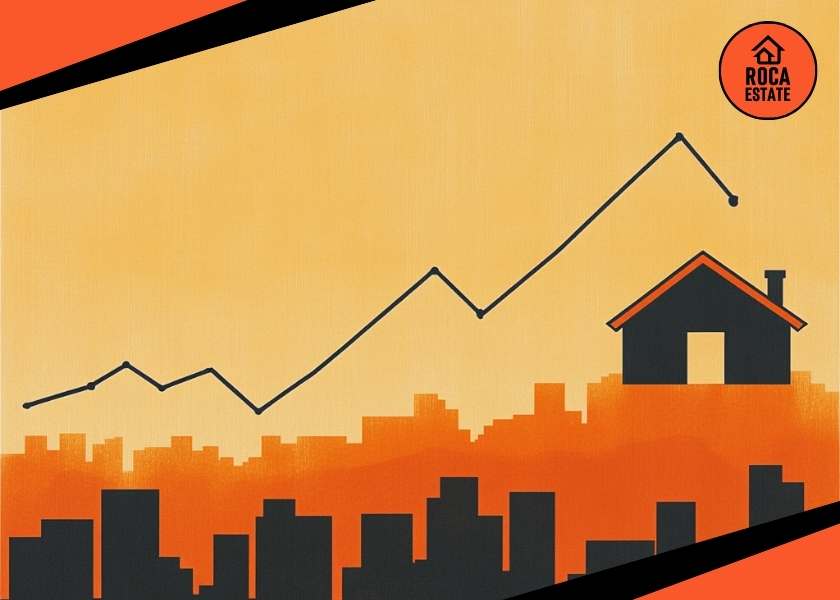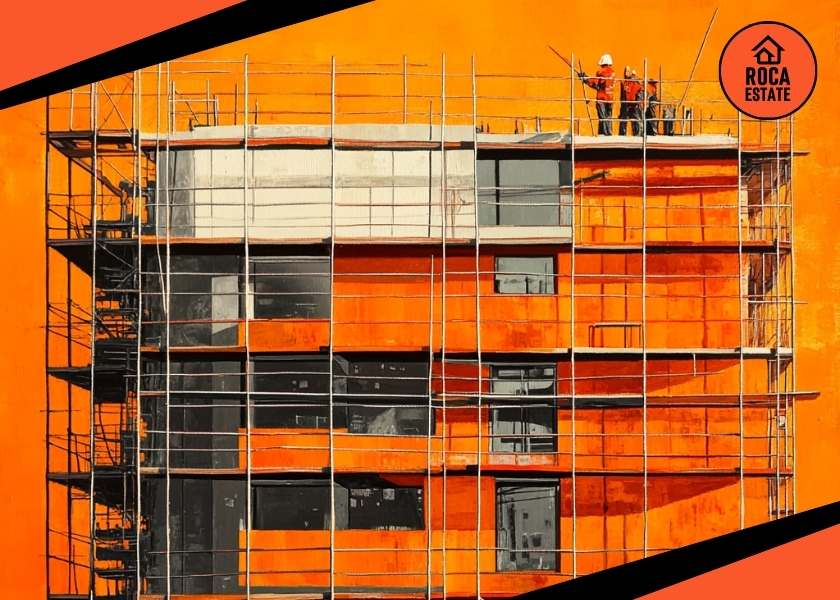The Portuguese property market continues to be an attractive option for both domestic and international real estate investors. However, one of the key factors that affect profitability and long-term return on investment is the cost of financing, which is primarily influenced by interest rates on housing loans. Based on recent data from August 2024, this article provides insights into current trends in implicit interest rates in housing loans and their potential implications for investors considering entering or expanding in the Portuguese market.
Interest Rate Trends: A Slight Decrease in August 2024
In August 2024, the implicit interest rate for all housing loan agreements dropped to 4.417%, down from 4.487% in July. For newer contracts signed within the previous three months, the rate also saw a decline, from 3.713% to 3.665%. This slight decrease in interest rates represents an easing of financing costs for both new and ongoing investments. While a reduction of 0.07% may seem small, in large-scale property investments, even marginal changes can significantly impact total loan costs over time.
Implications of Lower Interest Rates for Investors
For real estate investors, the downward trend in interest rates presents several key opportunities:
- Lower Financing Costs: A reduced interest rate lowers monthly loan repayments, improving cash flow for investors. In August, the average monthly repayment for all housing loans stood at €404, slightly lower than in July. This can be a crucial factor in maintaining profitability, particularly in high-demand urban markets.
- Leverage Opportunities: With interest rates at this level, investors may consider leveraging more capital to expand their property portfolios without proportionally increasing their financing burden. As the cost of borrowing decreases, the opportunity to scale investments while maintaining manageable monthly payments improves.
Rising Property Prices and Capital Owed
Despite the easing of interest rates, it’s important to note that the average value of owed capital continues to rise. In August 2024, the average amount of owed capital increased by €345 to reach €66,874. This trend suggests that property prices in Portugal are rising, as higher loan amounts are needed to finance purchases. Investors must, therefore, balance the benefit of lower interest rates against potentially higher acquisition costs.
Furthermore, the trend towards higher property prices is evident in the market for newer contracts. For example, for contracts celebrated in the last three months, average loan repayments increased to €617, reflecting a higher level of financing due to increased property values.
Interest Costs in Loan Repayments: A Long-Term Consideration
Another critical aspect of these trends is the share of interest costs within monthly loan repayments. In August 2024, interest represented 60% of the average monthly repayment, up from 57% in the previous year. This suggests that while repayments may not increase dramatically, the portion dedicated to servicing interest is rising. For long-term investors, this underscores the importance of evaluating total financing costs over the life of the loan.
Conclusion: Strategic Insights for Real Estate Investors
The latest data on implicit interest rates in housing loans for Portugal reveals a slight reduction in borrowing costs, offering real estate investors a window of opportunity to secure financing at more favorable rates. However, investors should also be mindful of rising property prices and the increasing share of interest in total loan repayments, which could affect long-term profitability.
For seasoned investors, this environment calls for a strategic approach—leveraging lower interest rates to expand portfolios while carefully considering property valuations and financing terms. As the market continues to evolve, staying informed about interest rate movements and property price trends will be critical in maximizing returns in the Portuguese real estate market.
By aligning investment strategies with these trends, real estate investors can capitalize on favorable financing conditions while managing the risks associated with rising property values and long-term interest costs.
Implicit Interest Rates in Housing Loans
With declining interest rates reshaping the financing landscape, investors are increasingly turning to Portugal for investment in stable, income-generating assets. To understand how we identify and evaluate the most promising investment opportunities in Portugal, explore our strategic approach and investment criteria.

